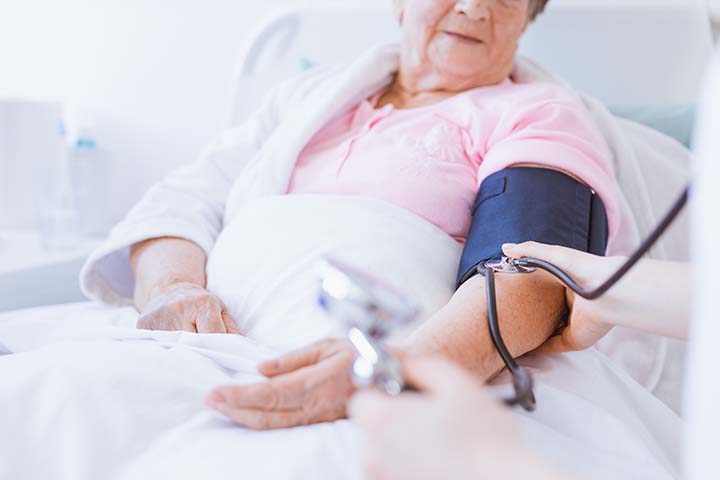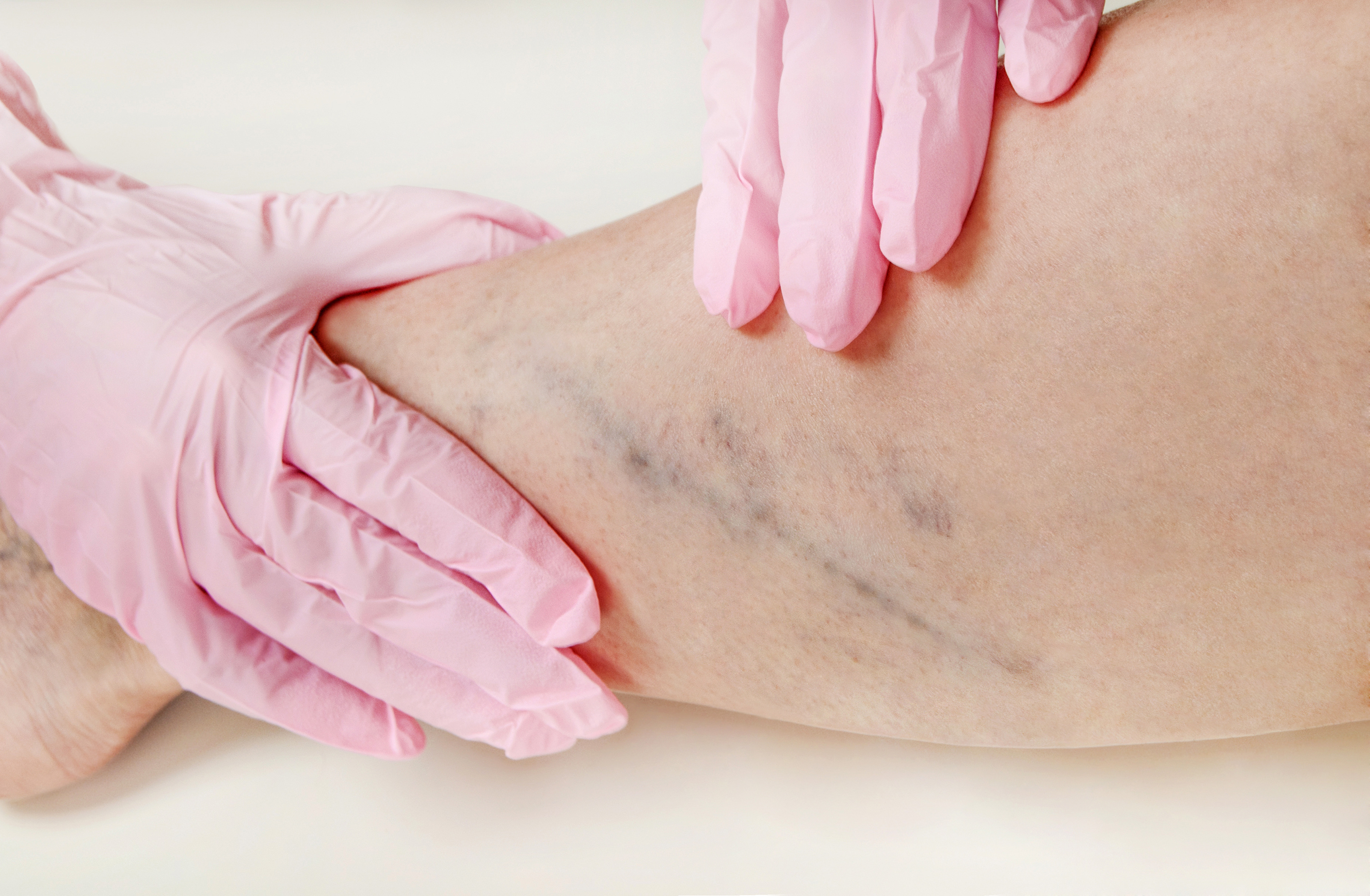10 Feb 2021
COVID-19: Not Just a Respiratory Illness
Estimated read time: 5 minutes
The COVID - 19 pandemic doesn’t discriminate: literally anyone is at risk of contracting the novel virus and becoming sick.
A person’s general health can impact the development and severity of the infection, as well as its outlook. However, science has shown that even those who do not have pre-existing conditions can be affected by long-term health issues caused by the virus.
This new germ has a particularly erratic behavior, and we still have much to learn. But in only a year of research, scientists have established a few facts about the virus: SARS-COV-2 is more severe and fatal in individuals whose health is compromised, such as older adults or people with preexisting illnesses, and the disease does not appear to affect the respiratory system exclusively.
With regards to heart health, two things are now certain:
- In COVID - 19 patients, having an underlying heart condition is associated with a more severe disease, and in turn a higher mortality.
- At the same time, COVID - 19 can also cause cardiovascular issues, including myocardial injury, arrhythmia, acute coronary syndrome, and venous thromboembolism (a condition that includes deep vein thrombosis and pulmonary embolism, when blood clots form in the veins and lungs.)
Higher Risks for Cardiac Patients?
A study conducted by the Brigham and Women’s Hospital Heart and Vascular Center and Harvard Medical School, both based in Boston, Massachusetts, analized 8,910 patients with COVID - 19. Of the group, a total of 515 died in the hospital (5.8%) and 8,395 survived to discharge.
In their conclusion, the study’s authors explain the factors that they associated with a higher risk of in-hospital death from COVID - 19. They were as follows:
- Age, greater than 65 years
- Having coronary artery disease
- Congestive heart failure
- Cardiac arrhythmia
- Tobacco use (current or past)
Another study from the American College of Cardiology drew the same conclusion: if cardiac patients contract or develop COVID - 19, they have a higher chance of suffering from a more serious form of the illness, and a higher risk of death.


There are many ongoing studies investigating the link between COVID - 19 and the heart, but the simple explanation so far seems to be that the virus “takes advantage” of immune systems that have been weakened by prior conditions, such as heart disease, hypertension, and high cholesterol, among others.
Is COVID - 19 a Cardiovascular Disease?
Just months before the World Health Organization declared the novel COVID - 19 a global health emergency, nearly a year ago, emergency physicians and cardiologists began to observe cardiac symptoms in COVID - 19 patients without preexisting heart conditions.
A study from last March of patients in Wuhan, China, the ground zero of the COVID - 19 pandemic, revealed that 19% of 416 patients showed signs of cardiac injury following a COVID - 19 diagnosis and illness.
This study observed what many other investigations will continue to confirm: patients who suffered from a heart condition prior to contracting the COVID – 19 were much more likely to develop cardiac injury after. But some patients with no preexisting cardiovascular conditions also showed signs of heart injury.
One mystery that remains for scientists is why this damage occurs in some patients and not in others, seemingly randomly.
COVID – 19 - induced heart issues are a worldwide phenomenon, documented across the globe. The World Heart Federation outlines some of these concerning findings:
- Although more data is needed, evidence suggests that even people diagnosed with COVID - 19 who are asymptomatic could be at risk of developing heart problems.
- Another study detected evidence of possible myocarditis in 5 of 26 athletes in the US who experienced the virus with mild or no symptoms.
- Doctors at Edinburgh University looked at echocardiograms from more than 1,200 COVID - 19 patients in 69 countries and found heart issues in 55%, with 1 in 7 exhibiting signs of “severe abnormalities.”
Although COVID - 19 is classified as a respiratory illness, scientists are increasingly convinced that a wider definition is needed, since the virus often affects multiple organs and systems in the body.
This early understanding of the link between COVID - 19 and the heart has prompted healthcare providers to incorporate cardiologists into their COVID - 19 response teams. Cardiac ultrasounds, known as echocardiograms, have also become part of routine testing for patients who are admitted to the hospital with a COVID - 19 diagnosis or illness.
Scientists believe that determining how the virus affects the heart can help doctors decide what course of action to take and save lives.
Steps That Can Help
A significant issue underlying heart disease is a lack of access to medical care.
In Latin America, for example, cardiovascular disease is the number one cause of death; however, a high percentage of people with heart problems do not receive timely treatment, and conditions such as high blood pressure or cholesterol are not kept under control.
People in this group are at higher risk if they develop COVID – 19.
That’s why doctors encourage those with access to care not to delay medical attention and to continue taking their medications for preexisting medical conditions. Doctors are also urging healthcare systems and governments to improve access to medical care in order to better manage non-communicable diseases that are gateways for complex infections.
In the meantime, if you suffer from a preexisting condition, this is a time to take your health very seriously. Protect yourself from COVID - 19 by doing the following:
- Strictly following public health guidelines
- Wearing a mask, ideally a double mask or a single mask with a good filter
- Maintaining physical distance when you are close to others or in public spaces
- Washing your hands frequently
- Staying informed about vaccination options in your area so you can receive the shots as soon as possible
Finally, people should not skip routine tests and screenings, even as the pandemic continues. Making an appointment with your primary care doctor or cardiologist to schedule these tests, especially if there have been changes to your health, is the best choice.


